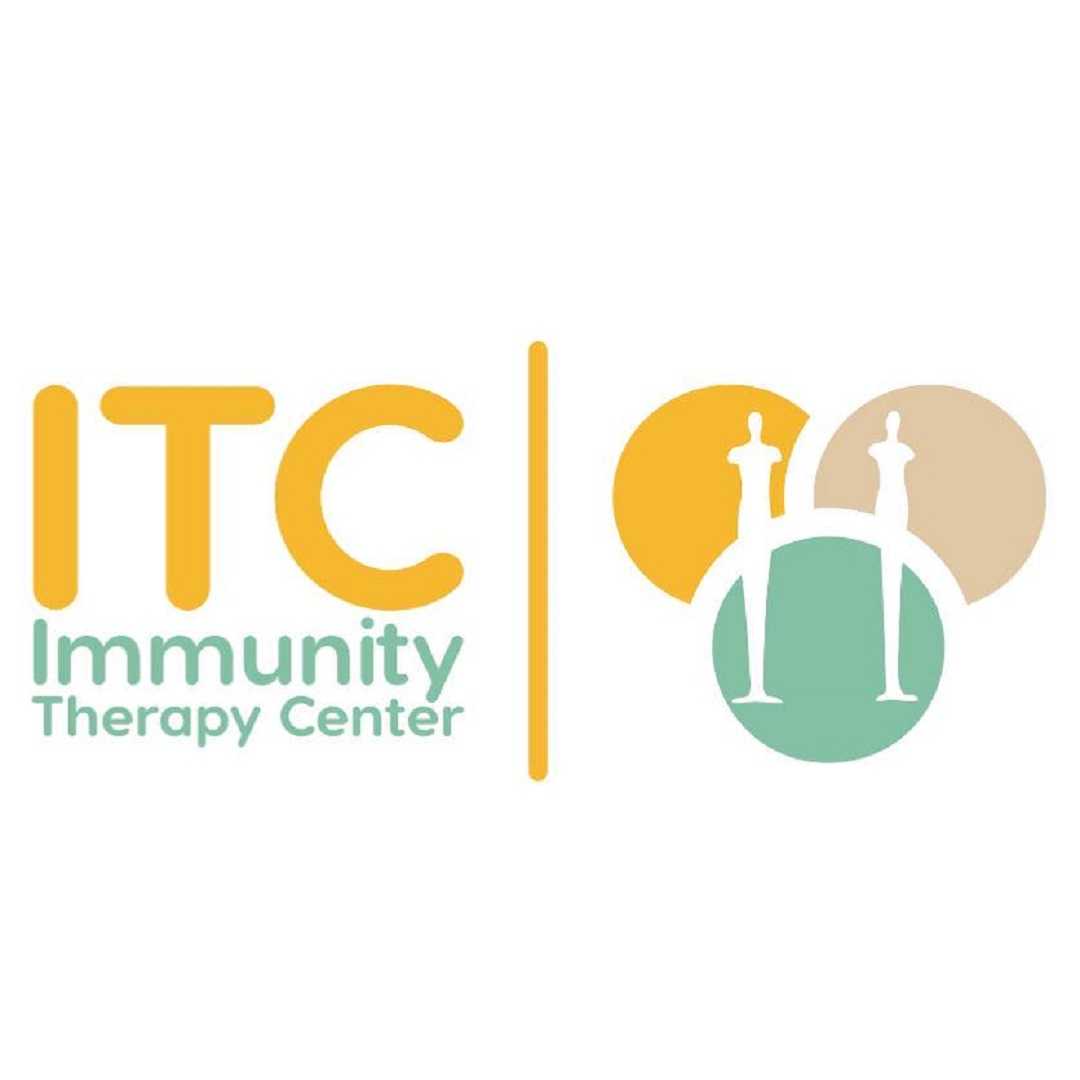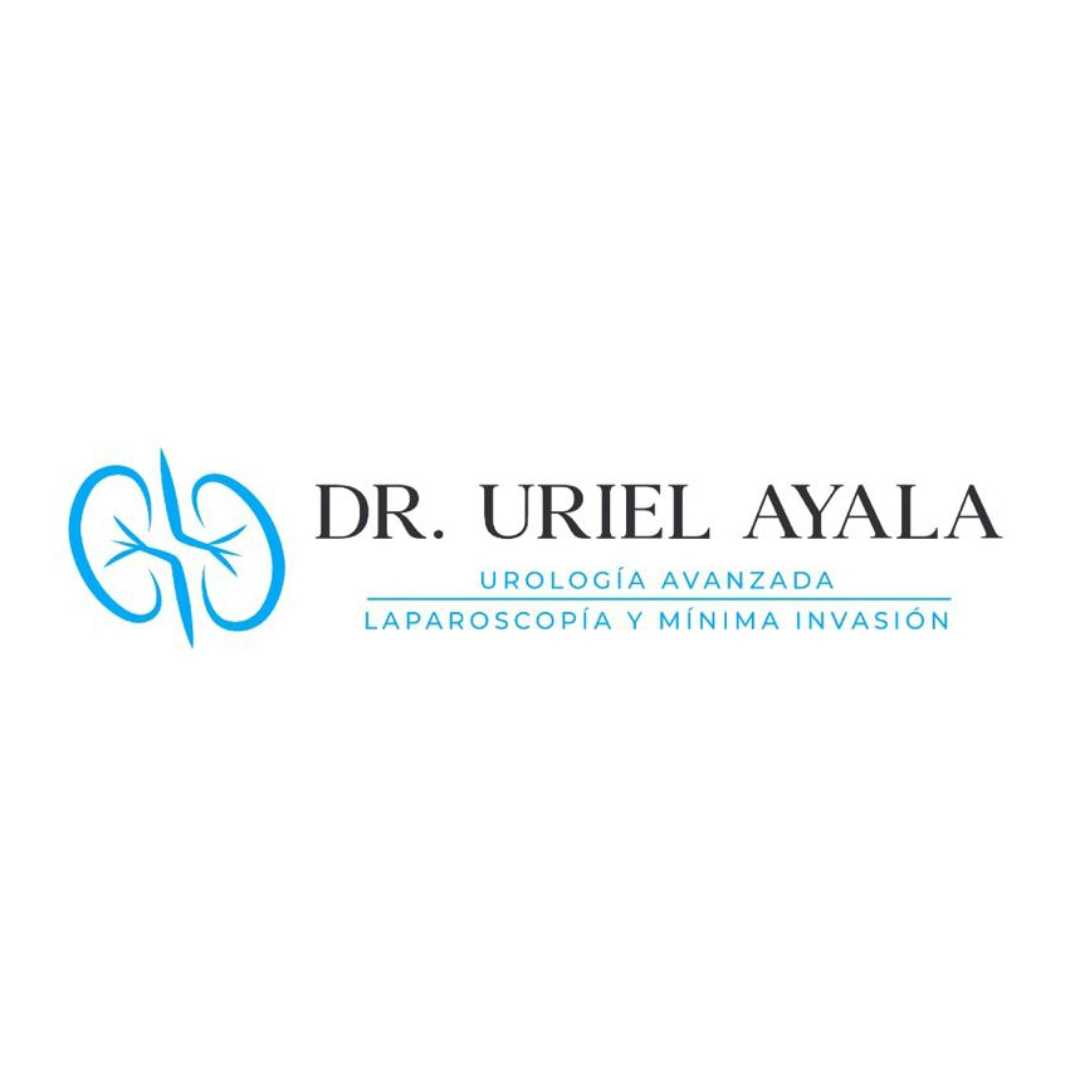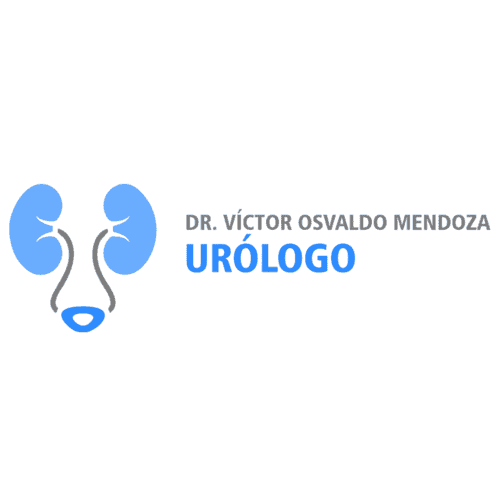Why Choose Mexico for Stage 4 Colon Cancer Treatment?

Receiving a diagnosis of stage 4 colon cancer is a life-altering event that brings an urgent need for the best possible medical care. For many patients, exploring treatment options beyond their home country is a crucial step in finding hope, accessing advanced therapies, and managing the financial aspects of care.
Mexico, with its world-class, internationally accredited private hospital system, has become a leading destination for high-quality, affordable oncology in Mexico. Patients can access the same technologies and drug protocols used in the United States, administered by U.S.-trained specialists, at a fraction of the cost.
Understanding the available stage 4 colon cancer treatment options in Mexico is the first step in making an informed decision. It’s important to know that the standard of care at Mexico's premier cancer centers is evidence-based and aligns with the top institutions globally.
This guide, current for September 2025, will provide a clear overview of the modern, multidisciplinary treatments available. We will cover systemic therapies like chemotherapy and immunotherapy, the role of surgery and radiation, and the critical importance of choosing a JCI-accredited hospital to ensure the highest level of safety and care.
What is the Goal of Stage 4 Colon Cancer Treatment?
It is essential for patients and families to have a realistic understanding of the treatment goals. Stage 4 colon cancer means the disease has spread to distant organs, most commonly the liver or lungs. At this stage, the focus of treatment shifts from curative to palliative. However, "palliative" in this context does not mean end-of-life care. It means the goal is to:
- Shrink tumors to alleviate symptoms like pain or blockages.
- Slow or stop the growth and spread of the cancer.
- Prolong the patient's survival as long as possible.
- Maintain a high quality of life, allowing the patient to continue enjoying their time with loved ones.
With the incredible advancements in recent years, many patients with stage 4 colon cancer are living longer, fuller lives than ever before.
The Foundation of Care: Systemic Therapy
A medical oncologist at a top Mexican hospital will create a personalized plan based on the patient's health and the cancer's specific genetic markers.
- Chemotherapy: This remains a primary treatment. Standard combination regimens like FOLFOX or FOLFIRI are widely and expertly used in Mexico.
- Targeted Therapy: This is a more advanced approach. Top centers in Mexico can perform biomarker testing on the tumor to check for specific genetic mutations (like KRAS, NRAS, and BRAF). If a mutation is found, the patient can be treated with targeted drugs (like cetuximab or bevacizumab) that block the specific pathways the cancer uses to grow.
- Immunotherapy: This is the newest frontier. For a subset of patients whose tumors are identified as "MSI-High," immunotherapy drugs like Keytruda (pembrolizumab) or Opdivo (nivolumab) can be incredibly effective. These same FDA-approved drugs are available at premier cancer centers in Mexico.
What Surgical Options Are Available?
While systemic drug therapy is the main treatment, surgery still plays a vital role for certain patients. A multidisciplinary tumor board at a Mexican hospital will evaluate if surgery is a beneficial option. Common surgical scenarios include:
- Removing the Primary Tumor: If the main tumor in the colon is causing or is at risk of causing a painful blockage or bleeding, a surgeon may perform a colectomy to remove it and improve the patient's quality of life. This is often done using minimally invasive laparoscopic techniques.
- Resection of Metastases: In rare cases where a patient has only a few, small metastases confined to a single area (like one lobe of the liver) and has had an excellent response to chemotherapy, a highly specialized surgeon may perform surgery to remove them. This is a complex procedure only offered at top-tier centers.
The Role of Radiotherapy and Interventional Oncology
Like surgery, these treatments are used to manage specific problem areas.
- Palliative Radiation: If a metastasis in a bone is causing significant pain, a short course of precise radiation can effectively relieve it. Modern techniques like SBRT (Stereotactic Body Radiation Therapy) can deliver a high dose of radiation to a small tumor in just a few sessions.
- Interventional Radiology: For metastases in the liver, specialists can perform procedures like radiofrequency ablation (RFA), where a needle-like probe is inserted into the tumor to destroy it with heat, or chemoembolization, which delivers chemotherapy directly to the liver. These advanced options are available at major Mexican cancer centers.
What About Integrative and Alternative Therapies?
It is crucial to distinguish between supportive care and unproven treatments. A top JCI-accredited hospital in Mexico will practice medicine based on rigorous scientific evidence. They may have an integrative oncology department that offers services to help patients feel better during treatment, such as:
- Specialized oncology nutrition.
- Acupuncture for nausea or pain.
- Mind-body therapies like meditation.
These therapies are used alongside—never instead of—standard medical care. Be extremely wary of any clinic that promotes "alternative cures" and advises against proven treatments like chemotherapy. This is the biggest red flag of a fraudulent and dangerous operation.
Where to Find World-Class Cancer Care in Mexico
Your search should focus on the premier hospital systems in Mexico. Institutions like the Hospital Angeles Health System, Christus Muguerza, and Zambrano Hellion (TecSalud) are JCI-accredited and have dedicated, comprehensive cancer centers that are highly experienced in treating international patients. The first step is to contact their international patient department to arrange a second opinion based on your medical records.
A cancer diagnosis requires exploring every possible option for the best care. Placidway is a global leader in medical access, connecting patients with a network of JCI-accredited international hospitals and world-class cancer centers.


.png)
.png)



.png)

.png)







Share this listing